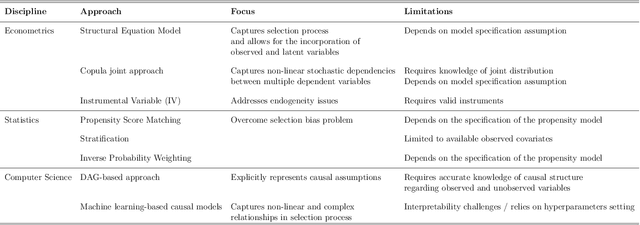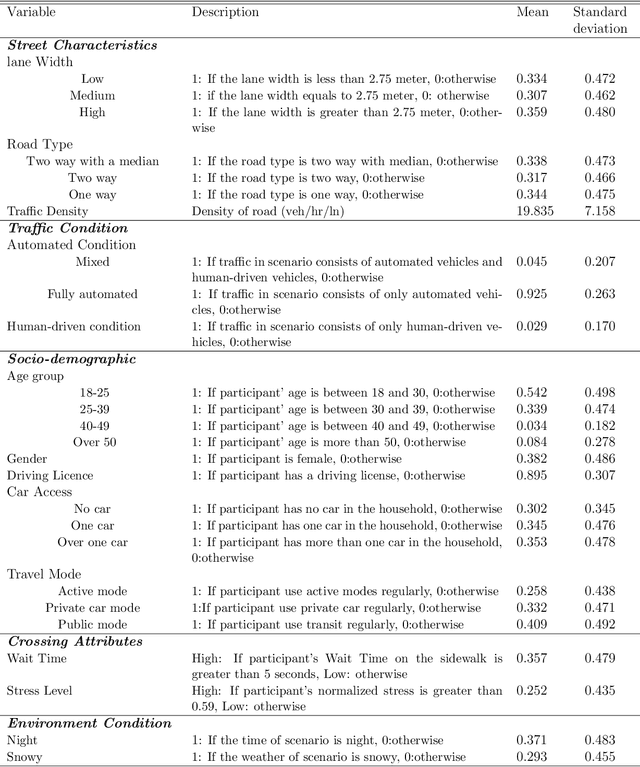A deep causal inference model for fully-interpretable travel behaviour analysis
Paper and Code
May 02, 2024



Transport policy assessment often involves causal questions, yet the causal inference capabilities of traditional travel behavioural models are at best limited. We present the deep CAusal infeRence mOdel for traveL behavIour aNAlysis (CAROLINA), a framework that explicitly models causality in travel behaviour, enhances predictive accuracy, and maintains interpretability by leveraging causal inference, deep learning, and traditional discrete choice modelling. Within this framework, we introduce a Generative Counterfactual model for forecasting human behaviour by adapting the Normalizing Flow method. Through the case studies of virtual reality-based pedestrian crossing behaviour, revealed preference travel behaviour from London, and synthetic data, we demonstrate the effectiveness of our proposed models in uncovering causal relationships, prediction accuracy, and assessing policy interventions. Our results show that intervention mechanisms that can reduce pedestrian stress levels lead to a 38.5% increase in individuals experiencing shorter waiting times. Reducing the travel distances in London results in a 47% increase in sustainable travel modes.
 Add to Chrome
Add to Chrome Add to Firefox
Add to Firefox Add to Edge
Add to Edge